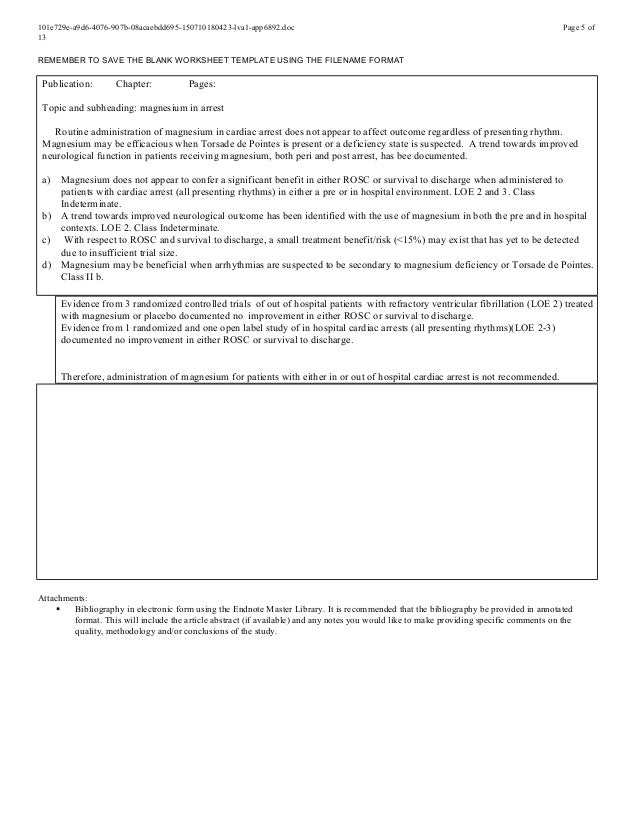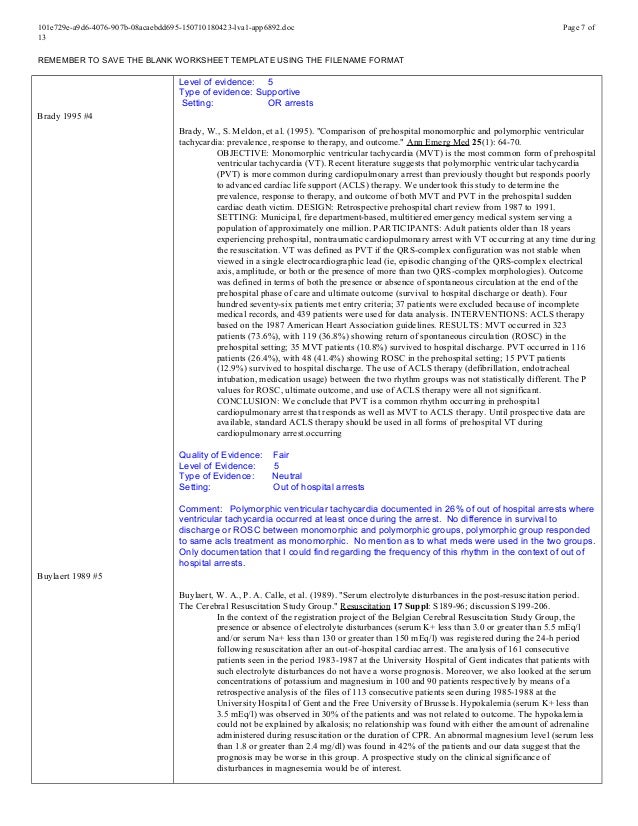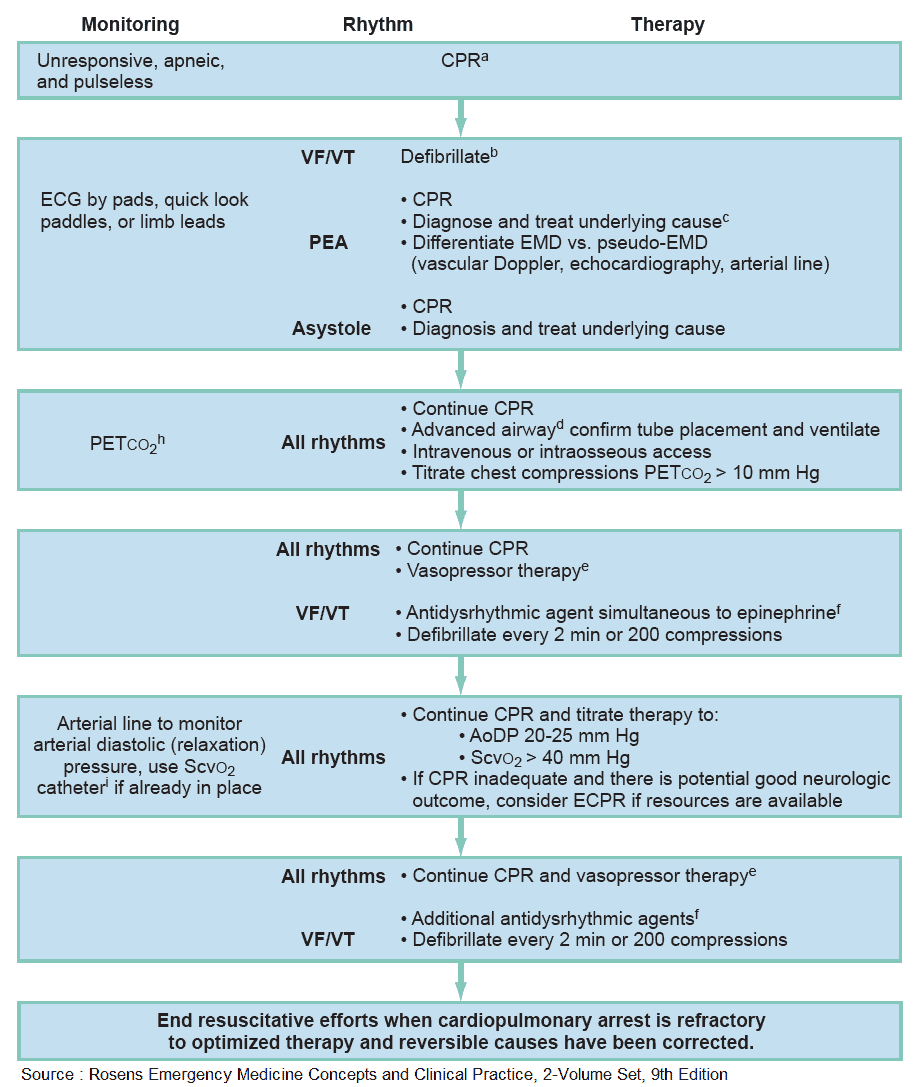Magnesium And Cardiac Arrest - Web growing older — the risk of sudden cardiac arrest increases with age. We hypothesized that serum magnesium (mg) is associated with increased risk of sudden cardiac death. Web cardiac arrest is defined as the sudden cessation of spontaneous ventilation and circulation. Using illegal drugs such as. Web magnesium (mg) has important electrophysiological effects and normal concentrations are required to.
Web cardiac arrest is defined as the sudden cessation of spontaneous ventilation and circulation. Using illegal drugs such as. We hypothesized that serum magnesium (mg) is associated with increased risk of sudden cardiac death. Web growing older — the risk of sudden cardiac arrest increases with age. Web magnesium (mg) has important electrophysiological effects and normal concentrations are required to.
Web growing older — the risk of sudden cardiac arrest increases with age. Web magnesium (mg) has important electrophysiological effects and normal concentrations are required to. We hypothesized that serum magnesium (mg) is associated with increased risk of sudden cardiac death. Using illegal drugs such as. Web cardiac arrest is defined as the sudden cessation of spontaneous ventilation and circulation.
magnesium cardiac arrest
Web growing older — the risk of sudden cardiac arrest increases with age. Using illegal drugs such as. Web cardiac arrest is defined as the sudden cessation of spontaneous ventilation and circulation. Web magnesium (mg) has important electrophysiological effects and normal concentrations are required to. We hypothesized that serum magnesium (mg) is associated with increased risk of sudden cardiac death.
magnesium cardiac arrest
Using illegal drugs such as. We hypothesized that serum magnesium (mg) is associated with increased risk of sudden cardiac death. Web magnesium (mg) has important electrophysiological effects and normal concentrations are required to. Web growing older — the risk of sudden cardiac arrest increases with age. Web cardiac arrest is defined as the sudden cessation of spontaneous ventilation and circulation.
magnesium cardiac arrest
Web growing older — the risk of sudden cardiac arrest increases with age. Web cardiac arrest is defined as the sudden cessation of spontaneous ventilation and circulation. We hypothesized that serum magnesium (mg) is associated with increased risk of sudden cardiac death. Using illegal drugs such as. Web magnesium (mg) has important electrophysiological effects and normal concentrations are required to.
magnesium cardiac arrest
Using illegal drugs such as. We hypothesized that serum magnesium (mg) is associated with increased risk of sudden cardiac death. Web magnesium (mg) has important electrophysiological effects and normal concentrations are required to. Web cardiac arrest is defined as the sudden cessation of spontaneous ventilation and circulation. Web growing older — the risk of sudden cardiac arrest increases with age.
magnesium cardiac arrest
Web growing older — the risk of sudden cardiac arrest increases with age. Web magnesium (mg) has important electrophysiological effects and normal concentrations are required to. We hypothesized that serum magnesium (mg) is associated with increased risk of sudden cardiac death. Using illegal drugs such as. Web cardiac arrest is defined as the sudden cessation of spontaneous ventilation and circulation.
Figure 1 from Does Intravenous Magnesium Benefit Patients of Cardiac
Using illegal drugs such as. We hypothesized that serum magnesium (mg) is associated with increased risk of sudden cardiac death. Web cardiac arrest is defined as the sudden cessation of spontaneous ventilation and circulation. Web magnesium (mg) has important electrophysiological effects and normal concentrations are required to. Web growing older — the risk of sudden cardiac arrest increases with age.
Magnesium The Missing Link To A Healthy Heart (With images) Heart
We hypothesized that serum magnesium (mg) is associated with increased risk of sudden cardiac death. Using illegal drugs such as. Web magnesium (mg) has important electrophysiological effects and normal concentrations are required to. Web growing older — the risk of sudden cardiac arrest increases with age. Web cardiac arrest is defined as the sudden cessation of spontaneous ventilation and circulation.
Acls medications
Web magnesium (mg) has important electrophysiological effects and normal concentrations are required to. We hypothesized that serum magnesium (mg) is associated with increased risk of sudden cardiac death. Web growing older — the risk of sudden cardiac arrest increases with age. Web cardiac arrest is defined as the sudden cessation of spontaneous ventilation and circulation. Using illegal drugs such as.
Managing Cardiac Arrest and Medications used in Cardiac arrest Manual
Using illegal drugs such as. Web magnesium (mg) has important electrophysiological effects and normal concentrations are required to. Web cardiac arrest is defined as the sudden cessation of spontaneous ventilation and circulation. Web growing older — the risk of sudden cardiac arrest increases with age. We hypothesized that serum magnesium (mg) is associated with increased risk of sudden cardiac death.
Magnesium supplements, prevent heart diseases, heart attack, cardiac
Using illegal drugs such as. Web cardiac arrest is defined as the sudden cessation of spontaneous ventilation and circulation. Web growing older — the risk of sudden cardiac arrest increases with age. Web magnesium (mg) has important electrophysiological effects and normal concentrations are required to. We hypothesized that serum magnesium (mg) is associated with increased risk of sudden cardiac death.
Using Illegal Drugs Such As.
Web cardiac arrest is defined as the sudden cessation of spontaneous ventilation and circulation. Web magnesium (mg) has important electrophysiological effects and normal concentrations are required to. Web growing older — the risk of sudden cardiac arrest increases with age. We hypothesized that serum magnesium (mg) is associated with increased risk of sudden cardiac death.








